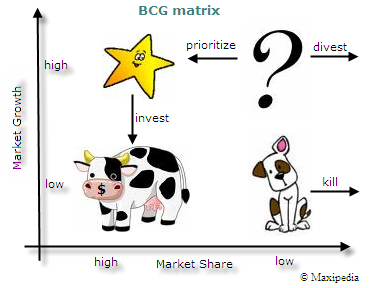Forensic Audit
The application of accounting methods to the tracking and collection of forensic evidence, usually for investigation and prosecution of criminal acts such as embezzlement or fraud. Also called forensic accounting.
An examination and evaluation of a firm's or individual's financial information for use as evidence in court. A forensic audit can be conducted in order to prosecute a party for fraud, embezzlement or other financial claims. In addition, an audit may be conducted to determine negligence or even to determine how much spousal or child support an individual will have to pay.
Forensic auditing is a specialization within the field of accounting, and forensic auditors often provide expert testimony during trial proceedings. Most large accounting firms have a forensic auditing department.
Past financial scandals such as WorldCom, Enron, Tyco and locally Macmed have stimulated a flurry of change within the regulatory, financial reporting and audit environments.
The International Auditing and Assurance Standards Board (IAASB), formerly the International Accounting Policy Committee (IAPC), sets International Standards on Auditing (ISA). In March 2001, the IAASB issued the International Standard on Auditing 240 (ISA 240), which was revised in 2004. ISA 240 (Revised) deals with an auditor’s responsibility to consider fraud in the audit of financial statements for all financial years commencing on or after 15 December 2004.
ISA 240 (Revised) mandates the auditor to perform appropriate audit procedures to consider fraud in an audit of financial statements for both private and public organisations. This will in the end improve the overall quality of the audit. A significant volume of additional audit procedures will be required from auditors to comply with these new requirements.
- Forensic accountants skilled in the reconstruction and analysis of accounting records and business transactions.
- Computer forensic practitioners skilled in the recovery of information from electronic devices or backup media, including active, deleted, hidden, lost or encrypted files. These practitioners can even recover documents that were never saved, but only typed on and printed. Common critical evidence is often found in recovered data files.
- Data analysts who utilise data interrogation tools and services to assist in gathering evidence or in identifying potential criminal activity hidden in huge volumes of data and transactions.
- Industry specialists who provide insights into the unique practices and norms of an industry.
Forensic Audit in ACCA












